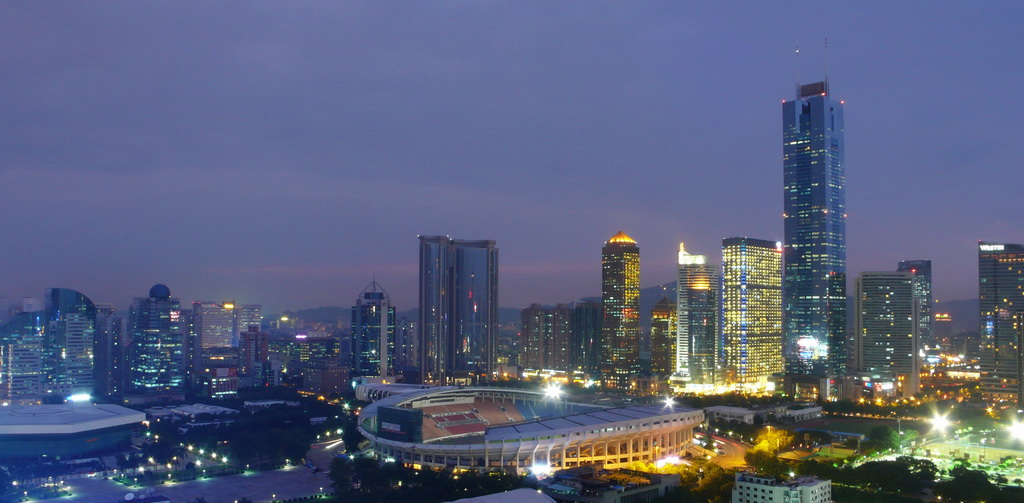|
Chebeinan Station
Chebeinan Station (), literally Chebei South Station and formerly Huangzhou Station () when planning, is an interchange station of Guangzhou Metro Line 4 and Line 5. It is located at the underground of the junction of Chebei Road and Huangpu Avenue East in Tianhe District. It opened on 28 December 2009. A public toilet was built outside the station for the convenience of passengers. Station layout Exits References {{coord, 23, 06, 57, N, 113, 23, 22, E, type:railwaystation_region:CN-44_source:kolossus-zhwiki, display=title Railway stations in China opened in 2009 Guangzhou Metro stations in Tianhe District ... [...More Info...] [...Related Items...] OR: [Wikipedia] [Google] [Baidu] |
Tianhe District
Tianhe District () is one of the eleven districts of Guangzhou, the capital of Guangdong province. In Chinese, the name Tianhe literally means "a river in the sky/heavens", which is also a Chinese name for the Milky Way. It is bordered by Yuexiu District on the west, Baiyun District, Guangzhou, Baiyun District on the north and Huangpu District, Guangzhou, Huangpu District on the east. Haizhu District is on its south, though they are separated by the Pearl River (China), Pearl River. Tianhe became a district in the 1980s as the city expanded its size. Back then, it was east of Dongshan District, Guangzhou, Dongshan District (which was merged into Yuexiu in 2005) and retained a suburban or even rural atmosphere. A majority of colleges and universities in the city were located in the district. However, Tianhe District has seen a sharp decline in arable land at an average rate of 1,000 mu per year due to urbanization since 1991. Tianhe has since developed into one of the most desira ... [...More Info...] [...Related Items...] OR: [Wikipedia] [Google] [Baidu] |
Huangcun Station
Huangcun station (), formerly Olympic Sports Center station () when planning, is an interchange station between Line 4 and Line 21 of the Guangzhou Metro, and also the terminus of Line 4. It is located at the underground outside Guangdong Olympic Stadium in Huangcun Subdistrict (), Tianhe District Tianhe District () is one of the eleven districts of Guangzhou, the capital of Guangdong province. In Chinese, the name Tianhe literally means "a river in the sky/heavens", which is also a Chinese name for the Milky Way. It is bordered by Yuexi .... It started operation on 25 September 2010. Line 4 linking the Asian Games New Town outside Haibang Station with Guangdong Olympic Stadium plays a major role in carrying passengers during the Guangzhou Asian Games. The station became a transfer station with Line 21 on 20 December 2019. It is located near the Tianhe East railway station. Station layout Exits Gallery GZMTR Huangcun Station Platform 2 2019 12.jpg, Platform 2 (Lin ... [...More Info...] [...Related Items...] OR: [Wikipedia] [Google] [Baidu] |
Island Platform
An island platform (also center platform, centre platform) is a station layout arrangement where a single platform is positioned between two tracks within a railway station, tram stop or transitway interchange. Island platforms are popular on twin-track routes due to pragmatic and cost reasons. They are also useful within larger stations where local and express services for the same direction of travel can be provided from opposite sides of the same platform thereby simplifying transfers between the two tracks. An alternative arrangement is to position side platforms on either side of the tracks. The historical use of island platforms depends greatly upon the location. In the United Kingdom the use of island platforms is relatively common when the railway line is in a cutting or raised on an embankment, as this makes it easier to provide access to the platform without walking across the tracks. Advantages and tradeoffs Island platforms are necessary for any station with m ... [...More Info...] [...Related Items...] OR: [Wikipedia] [Google] [Baidu] |
Guangzhou
Guangzhou (, ; ; or ; ), also known as Canton () and alternatively romanized as Kwongchow or Kwangchow, is the capital and largest city of Guangdong province in southern China. Located on the Pearl River about north-northwest of Hong Kong and north of Macau, Guangzhou has a history of over 2,200 years and was a major terminus of the maritime Silk Road; it continues to serve as a major port and transportation hub as well as being one of China's three largest cities. For a long time, the only Chinese port accessible to most foreign traders, Guangzhou was captured by the British during the First Opium War. No longer enjoying a monopoly after the war, it lost trade to other ports such as Hong Kong and Shanghai, but continued to serve as a major transshipment port. Due to a high urban population and large volumes of port traffic, Guangzhou is classified as a Large-Port Megacity, the largest type of port-city in the world. Due to worldwide travel restrictions at the beg ... [...More Info...] [...Related Items...] OR: [Wikipedia] [Google] [Baidu] |
Public Toilet
A public toilet, restroom, public bathroom or washroom is a room or small building with toilets (or urinals) and sinks for use by the general public. The facilities are available to customers, travelers, employees of a business, school pupils and prisoners and are commonly separated into male and female toilets, although some are unisex, especially for small or single-occupancy public toilets. Increasingly, public toilets are accessible to people with disabilities. Depending on the culture, there may be varying degrees of separation between males and females and different levels of privacy. Typically, the entire room, or a stall or cubicle containing a toilet, is lockable. Urinals, if present in a male toilet, are typically mounted on a wall with or without a divider between them. Local authorities or commercial businesses may provide public toilet facilities. Some are unattended while others are staffed by an attendant. In many cultures, it is customary to tip the attendan ... [...More Info...] [...Related Items...] OR: [Wikipedia] [Google] [Baidu] |


